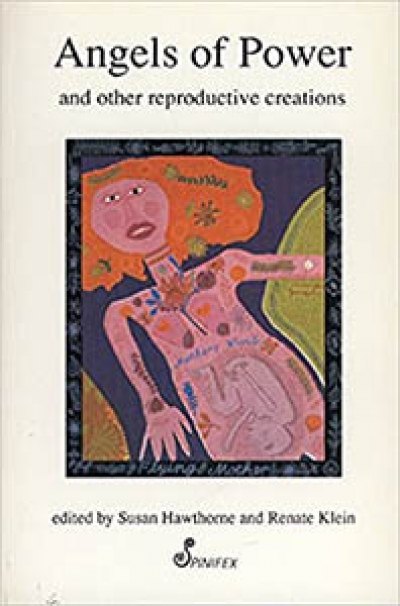Archive
He described himself as a ‘no-hoper’ (he died in a mental hospital in the poverty of his poetry and Catholic faith). These days, the label ‘a poet’s poet’ is sufficient to scare off anyone interested in approaching a body of work that is both substantial and challenging. With the publication of this annotated collection, containing most of Webb’s known poetry and extracts from his verse dramas, it is just a little dispiriting to see Webb’s work acquire a whiff of canonical sanctity. A short, cautious introduction by the editors Michael Griffith and James McGlade concludes with the respectful praises of five eminent Australian poets, as if a show of hands from the panel of distinguished experts were enough to explain anything of the enigma of Frank Webb to someone coming across his work for the first time. I think he deserves more. In an age where packaging plays such a conspicuous role, it is time to rescue Webb from the shrine of Tradition and to make an effort towards attracting new readers to a poet who magnificently defies idle curiosity.
... (read more)Angels of Power and other Reproductive Creations edited by Susan Hawthorne & Renate Klein
Although Sumner Locke Elliott spent more than half his life as an American, his native country Australia was, for him, his land of imagination where memory could be both crystallised and transformed and temporal and spatial boundaries ceased to exist. Of his ten published novels, six (or five and a half, as he liked to say) were set in Australia. Not coincidentally, I think, these were his most successful. His death in June, at the age of seventy-three, marked the passing of not only an incandescent literary talent but also a generous spirit, a superior and entertaining wit and, that rarest of all species, a successful yet humble man.
... (read more)On 27 May, 1991, Manning Clark, Australian historian extraordinary, was buried from Canberra’s Roman Catholic cathedral by his friend the Jesuit Dr John Eddy, assisted by Professor Clark’s brother, an Anglican canon, and with the participation of his sons. After his death on 23 May, ABC national television had broadcast an interview of 1989 in which Clark had responded to the question of whether he believed in an afterlife with a firm no – to which he added that he saw merit in the response of a Mexican academic encountered twenty years before. On that matter, he harboured ‘a shy hope’. It is a smiling happy phrase, contrasting with the dark fear of future judgement that bedevils so many of the Protestant characters with which he populates his histories. And it was a qualification in harmony, not only with his occasional visits to the church that farewelled him, and earlier St Mary’s Cathedral in Sydney and a multitude of European churches, but also with the ambivalence and perplexity at the heart of the man and his work. Some would call it contradiction or even evasion, but the native Australian sense of having a bob each way is sound policy, and Manning was not one for some pointless cremated affirmation of the kingdom of nothingness when he could have a touch of Catholic ritual and grandeur.
... (read more)






